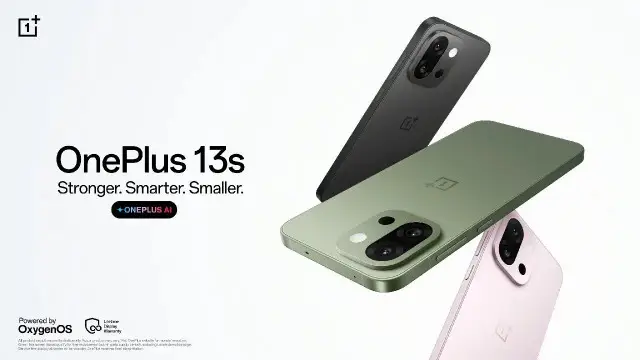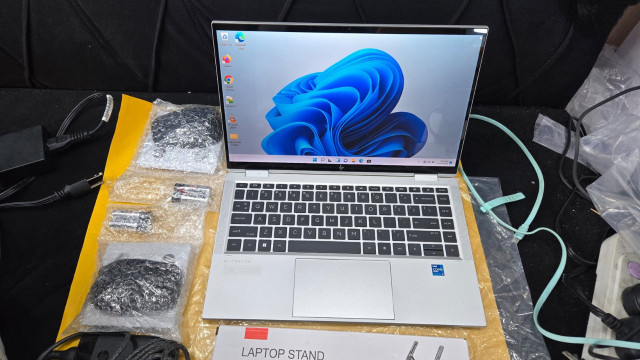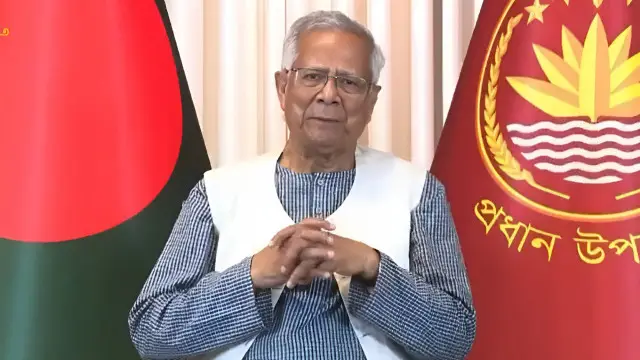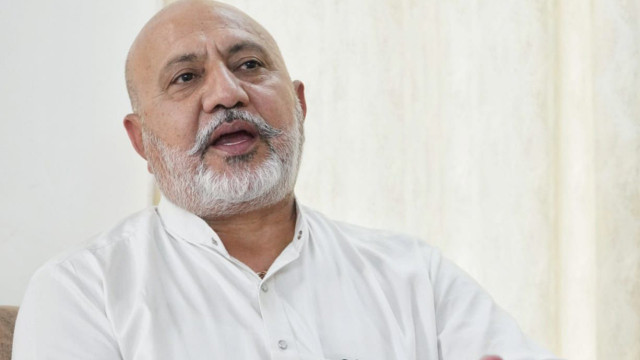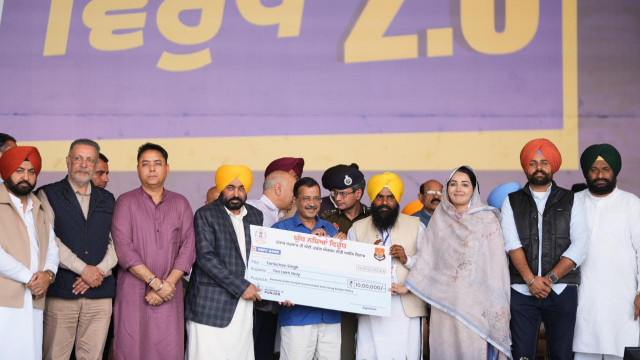India Pushes For Navik App: Homegrown Navigation To Rival Google Maps And Protect National Data
The Indian government is considering making it compulsory for all mobile phones to include the domestic navigation app “Navik.” This move aims to reduce dependence on Google Maps and prevent Indian data from going abroad.
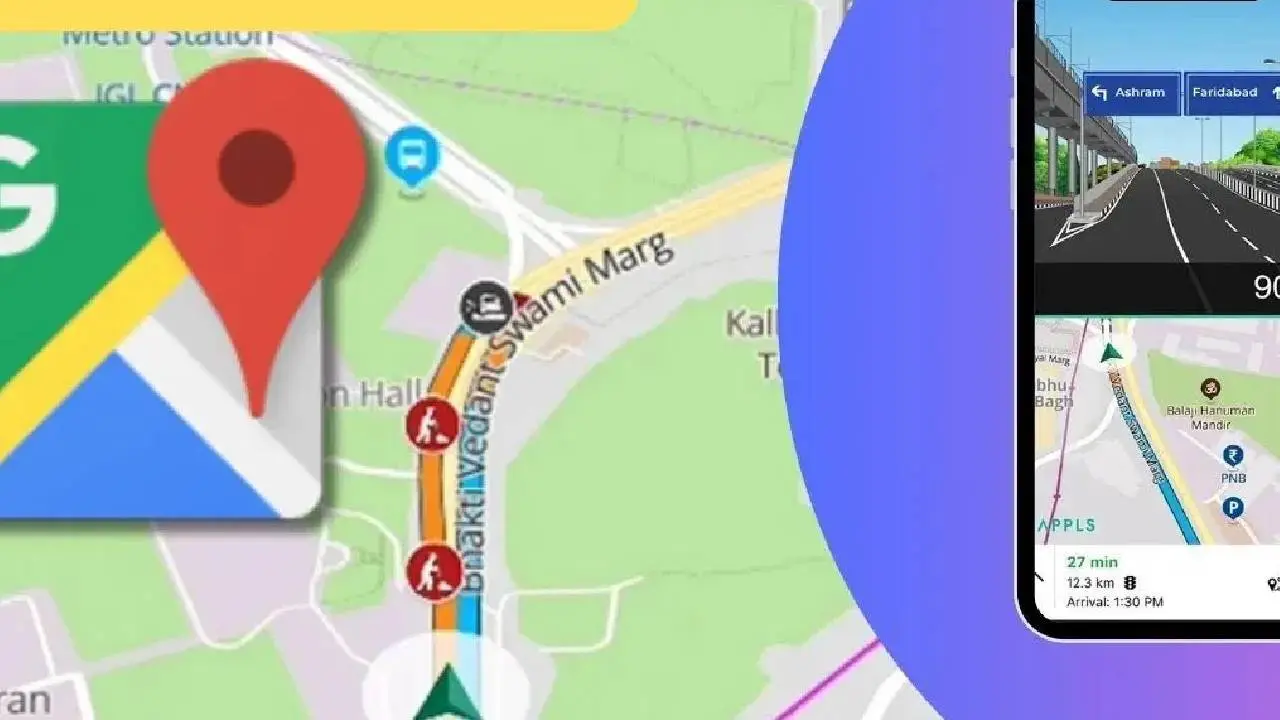
Tech news: Soon, every mobile phone in India will be equipped with the indigenous navigation software, Navick. The government is considering enacting a rule requiring every mobile phone company to provide the Navick app inbuilt in their phones, similar to Google Maps. However, the government has not yet decided whether it will replace Google Maps with the Navick app, or whether it will make it available as an alternative to Google Maps.
A senior government official stated that the government wants to ensure that Indian data doesn't leave the country. Servers for many apps, including Google, are located outside the country, allowing them to use Indian data as they see fit, raising concerns about security and technology, as well as national security. This is why such initiatives are being taken, but this is only one aspect of the issue. The government is also taking several other steps, including making it mandatory for every server to have an Indian-made chip.
India Mandates Chips, Data Security
Not only this, every chip installed in CCTV cameras will be Indian. Rules are being developed for these as well. Additionally, security audits of all Indian data are being conducted. Many government ministries have largely migrated their entire systems, from email to document sharing, from software from foreign companies to the Indian company Zoho. This move is seen as a bold step towards data sovereignty and national security. Officials believe such measures will reduce dependence on external vendors and protect sensitive records. Experts say it will also encourage the growth of domestic tech firms in India.
This is how the system is being built
A proper tender process was conducted for this. This work was not awarded to this company out of the blue. When Indian companies are comparable to foreign companies in terms of safety standards, why should foreign companies be chosen? Similarly, a Memorandum of Understanding (MoU) may soon be signed with Maple for railway navigation. The government’s strategy clearly shows a shift towards self-reliance in critical technologies. Analysts point out that such initiatives align perfectly with the “Make in India” vision. It also signals that future digital infrastructure will increasingly rely on local innovation and partnerships.




